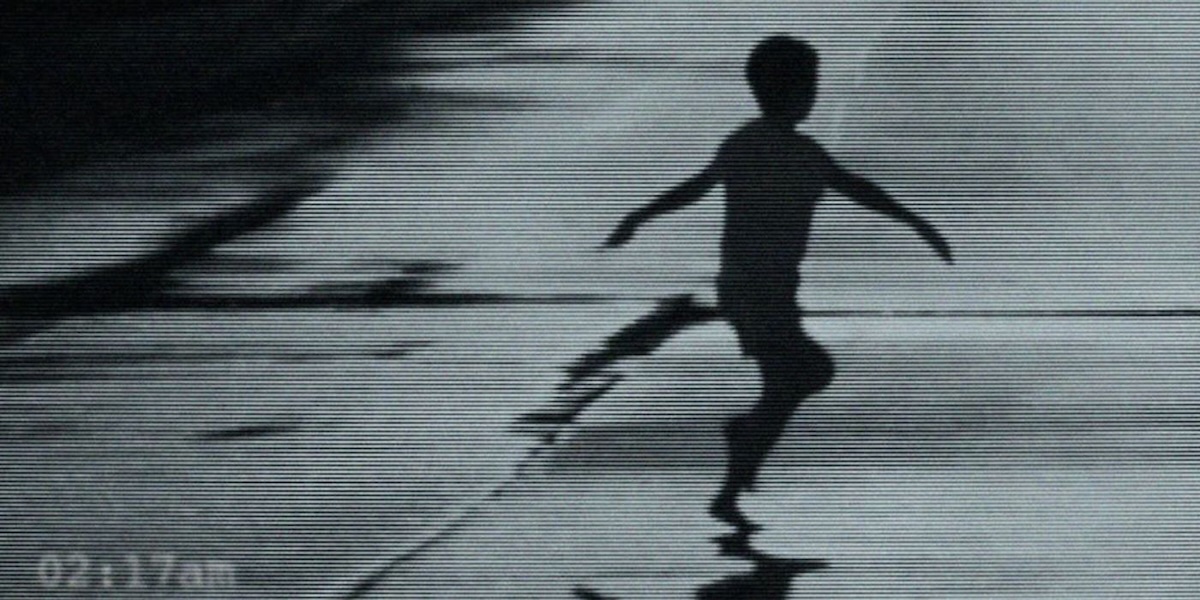
The following is excerpted from an online article posted by ScienceDaily.
In popular culture, dads are stoic, sensitive and strong. So powerful is the mystique of the happy dad that celebrities, joke books — even hard seltzers — carry the label.
Real life is different. Fathers get down, sometimes debilitatingly. And as new research from Rutgers Health reveals, when paternal depression goes undiagnosed or unaddressed, the negative social and behavioral effects on children can persist for years.
In a study published in the American Journal of Preventive Medicine, Kristine Schmitz, an assistant professor of pediatrics at Rutgers Robert Wood Johnson Medical School (RWJMS), together with other researchers from RWJMS and from Princeton and Rider universities, reports that children exposed to paternal depression when entering kindergarten are far more likely to have teacher-reported behavioral difficulties and poor social skills at age 9.
“We need to consider depression in both parents, not just mothers,” said Schmitz. “Depression is treatable, and to support the whole family, pediatricians must start talking with dads about it and developing father-focused interventions that meet their needs.”
Schmitz and colleagues analyzed data from the Future of Families and Child Wellbeing Study (FFCWS), a national birth cohort that randomly sampled births in 20 large U.S. cities from 1998 to 2000. The study continues to track changes in participants’ lives.
Two FFCWS data points were key to Schmitz’s assessment: When the children were age 5, their fathers were screened for depressive symptoms in the past year; and when they were 9, the children’s teachers completed a survey that included behavioral assessments.
“Kindergarten entry is an important developmental milestone, and adversities faced at that time can lead to poorer engagement and behaviors in grade school that may persist or magnify through middle and high school,” the researchers wrote.
By comparing data from 1,422 fathers — 74% of whom lived with their children at least half of the time when the child was 5 — and their children, and controlling for sociodemographic factors and maternal depression, the researchers were able to map a clear link between paternal depression and child conduct.
For instance, kids whose fathers reported depressive symptoms, such as feeling sad, blue or depressed when they were age 5 were, by age 9, significantly more likely to exhibit restlessness, defiance and anger as well as present lower levels of cooperation and self-esteem.
Source: ScienceDaily
https://www.sciencedaily.com/releases/2025/04/250419211922.htm

 What’s Hot? 08/22/25
What’s Hot? 08/22/25  Average Kids’ Weekly Allowance Now at $37
Average Kids’ Weekly Allowance Now at $37  Want Better Test Scores? Try Jumping Jacks Beforehand
Want Better Test Scores? Try Jumping Jacks Beforehand